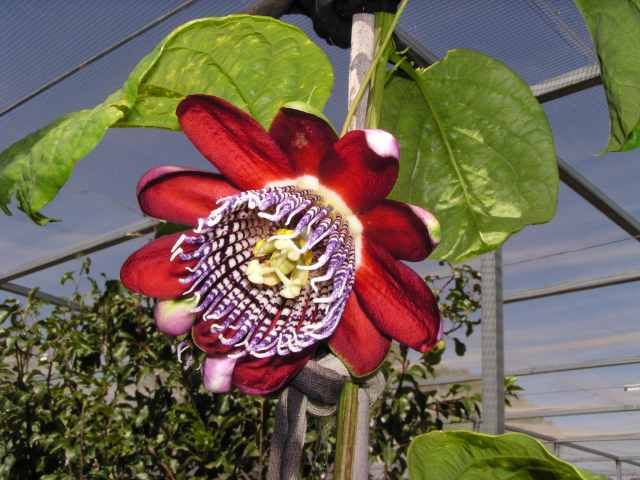
Parts used
Roots, bark, flowers, fruit.
Dried leaves and stems.
Uses
Skin of the fruit , bark of root, used for intestinal tapeworms and parasites.
- Decoction of root bark used for malaria, splenic enlargement, tuberculous afflictions.
Infusion of powdered flower buds prescribed for bronchitis, as a wound wash, and to expel worms.
- Fruits, powdered with the seeds, as an infusion for dyspepsia, stomach pains, dysentery, colitis, and antihelmintic.
- Used for anxiety , nervousness and insomnia.
- Used for epilepsy, neuralgia, premenstrual tension.
- Folk remedy for hyperactivity.
- Use for whooping cough, morphine addiction, insomnia, neuroses in children, teething, spasms.
- Poultice of roots applied to boils, cuts, earaches, inflammation.
- In the Americas and Europe, used traditionally as a "calming" herb for anxiety, seizures and hysteria.
- In Mauritius, used as diuretic and emetic.
- In Guiana, used as vomitive and taeniacide.
- Indigenous tribes in the Amazon have long used the leaves for its sedative and pain-relieving properties; also, as a heart tonic and for coughs.
Homeopathic medicine
- Used for treatment of insomnia, epilepsy, tetanus and muscle spasms.
Passionflower may aggravate conditions caused by excessive testosterone (baldness and prostate problems in men, unusual aggression, hair growth, and skin problems in men and women) so this should be evaluated before consuming too much Passionflower. Not for use in pregnancy, can cause uterine contractions.
No comments:
Post a Comment